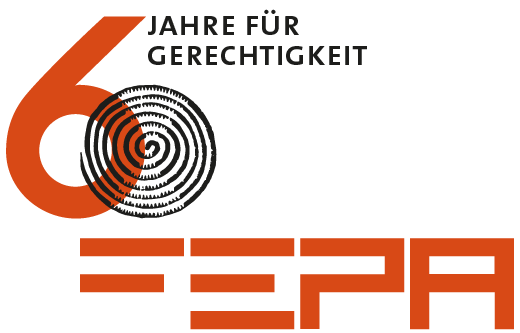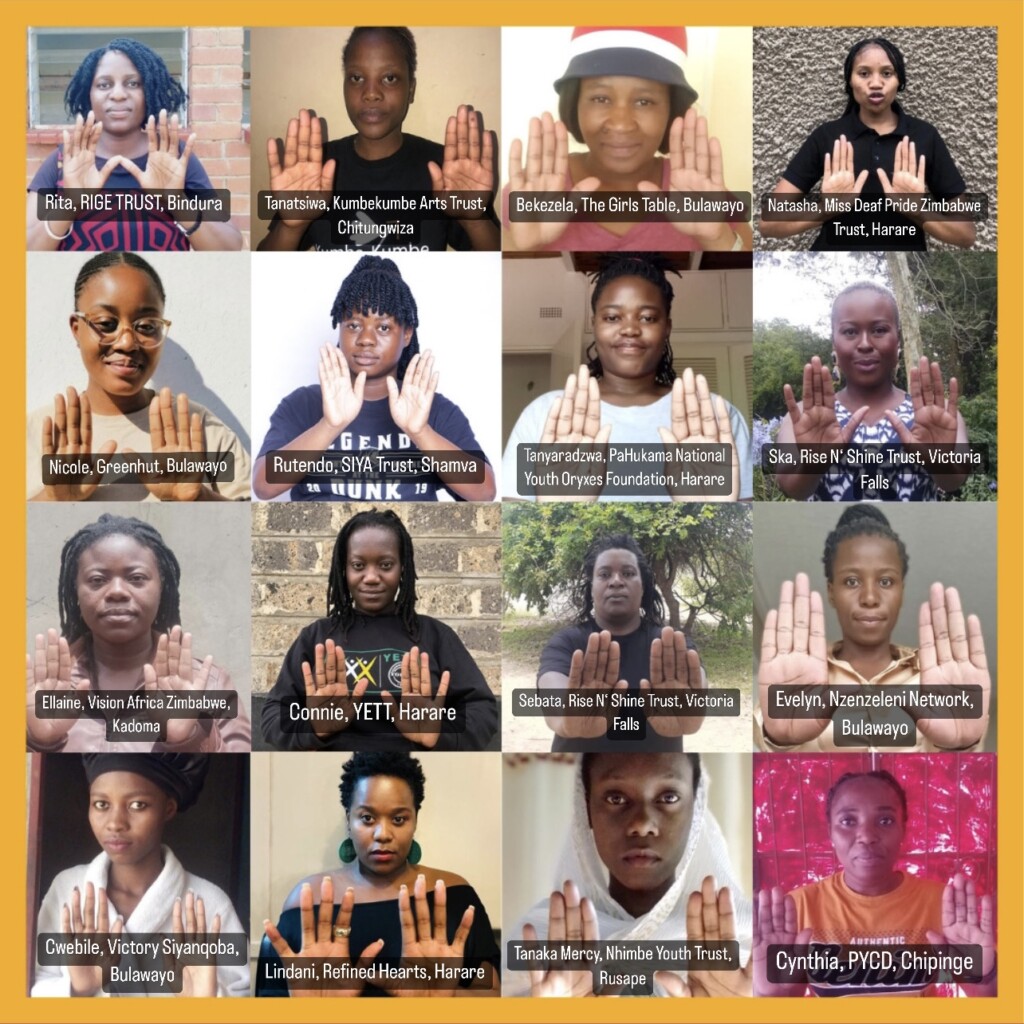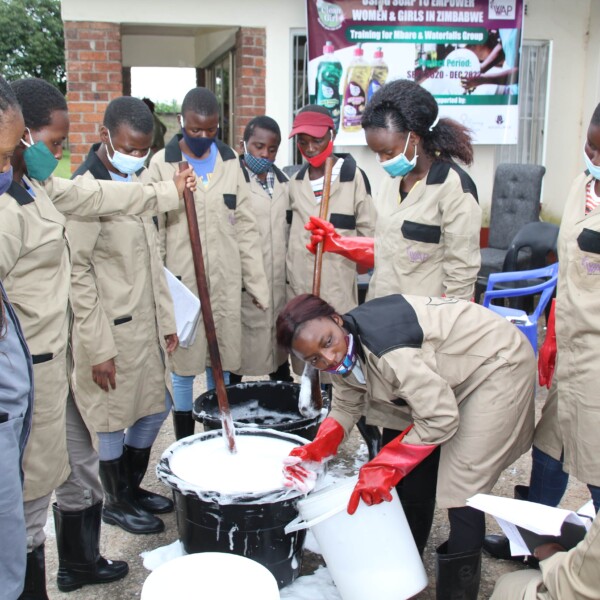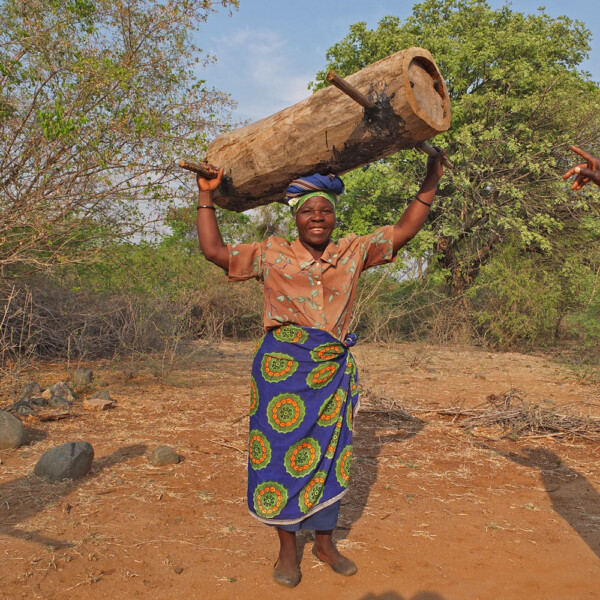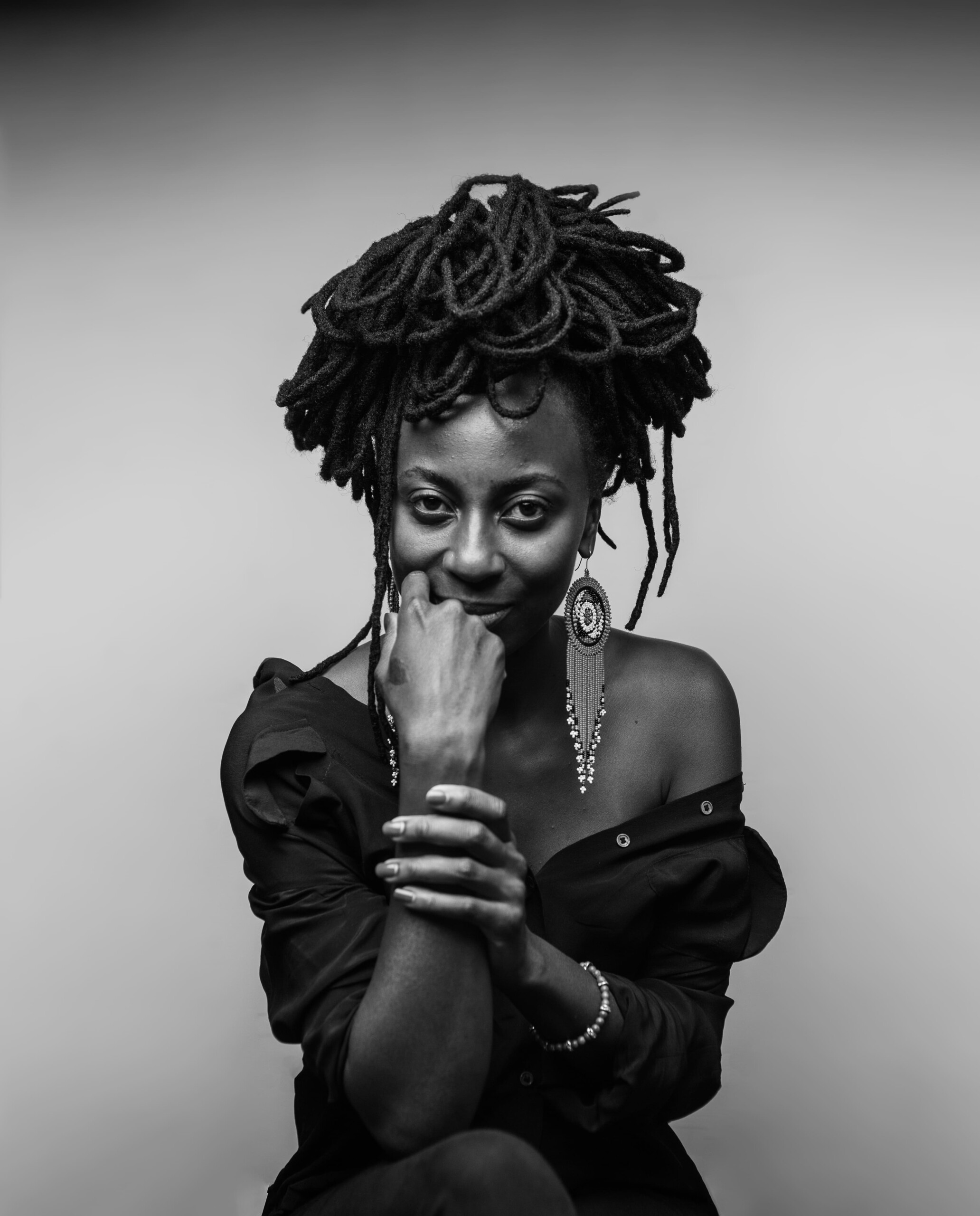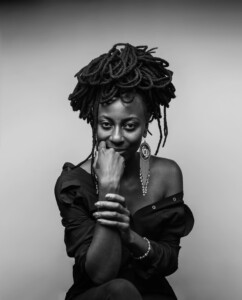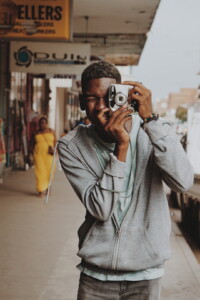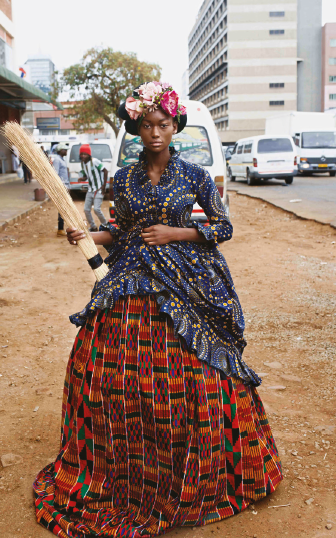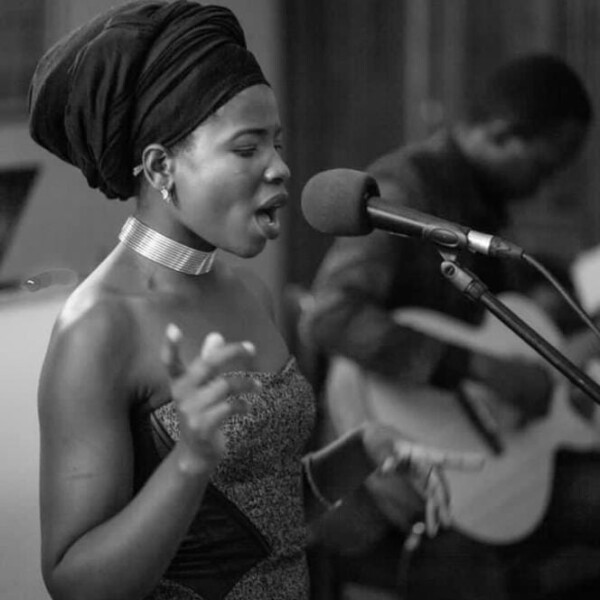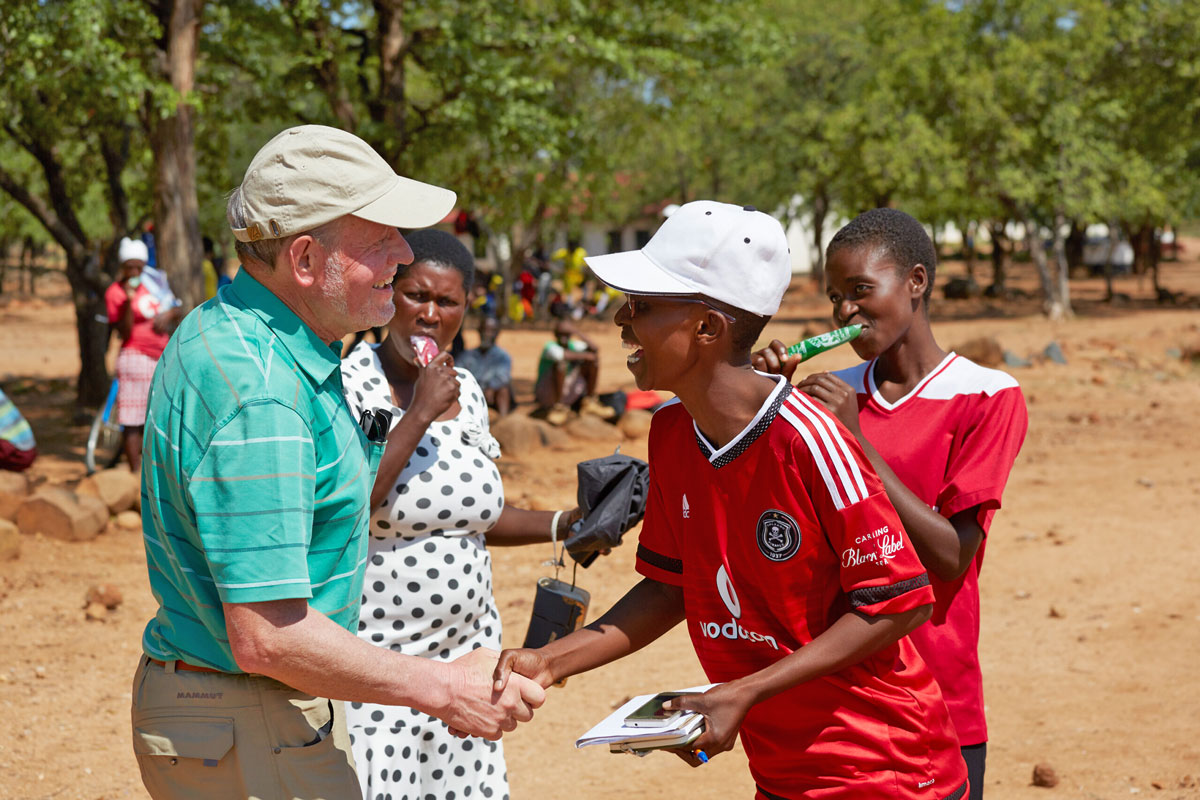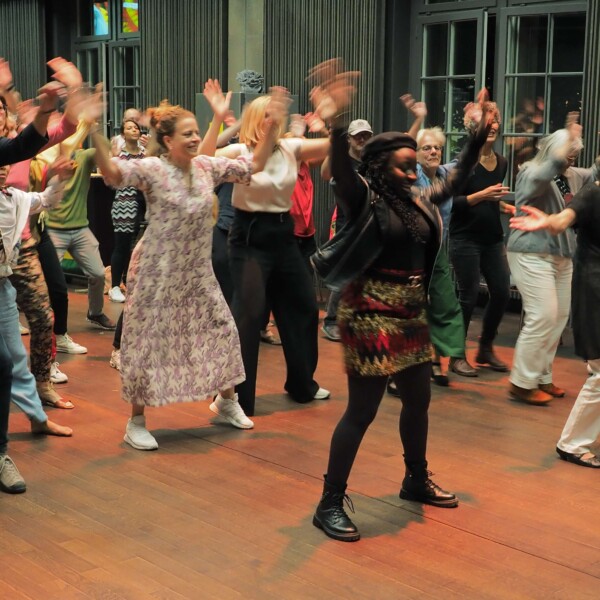Women’s rights and gender equality
Most people face gender-specific disadvantages due to the persistence of patriarchal structures in many parts of the world, including southern Africa, which adversely affect gender equality.
We enable local actors in souther Africa to analyse these structures, highlight their negative impacts, and identify target groups and strategies for achieving greater gender equality.
Our focus is on empowering girls and women within their communities, so they can assert their rights, act independently, and drive a sustainable transformation of gender roles. To achieve this, we support active citizens and foster collaboration among activists, informed target groups, communities, and institutions.
Through this programme area, fepa contributes to the UN Sustainable Development Goal 5 on gender equality. We work to ensure that gender equality and the rights of girls and women are realised. Additionally, we integrate gender equality as a cross-cutting issue across all our activities.
